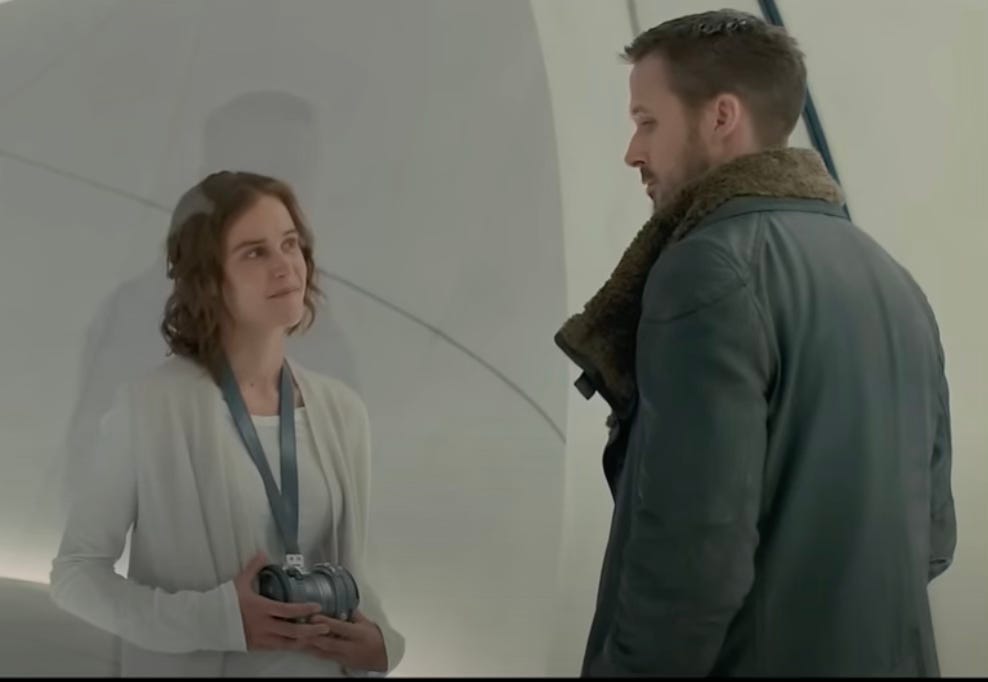Memory, narrative and positionality
Putting yourself in the conversation
A.O. Hirschman is a (German) Jewish academic who escaped the Nazis by walking over the Pyrenees from France to Spain in 1940. I enjoy reading his academic writing because it is so clearly rooted in his lived experiences. You can read about his life as an academic in America in the context of his early dislocations, in his book, “A Propensity to Self-subversion” (1995) Chs 6-11. In these chapters, he illuminates his academic thinking by curating his memories to offer a description of his positionality: work experience, forced migrations, nationality, family, languages, culture, and religion. I would argue that he clearly understands the power of this type of personal narrative to justify his research positions and opinions. This is only one of the reasons I teach international students in Social Sciences how to include ideas of ‘self’ in their written assignments.
The idea of narrative as curated memories is an important one in my definition of positionality. The 2017 Hollywood film, Bladerunner 2049 is useful in this regard- watch ‘The Memory Maker’ scene with Ryan Gosling (Agent K) and Carla Juri (Dr Ana Stelline) as they discuss how memories are constructed for robots. The acting is compelling. Agent K enquires how Dr Stelline constructs memories for robots. Dr Stelline explains that real or human memories are different from implanted ones and, “Anything real should be a mess” because they are mainly about feelings. I use this interaction to explain the importance of revisiting our messy memories to construct a meaningful narrative that can support academic writing. In other words, I always ask students to draw on what they know and what they feel before they undertake written assignments because if they do not, their knowledge and their voice can too easily be subjugated by the task.
In constructing a broad narrative to describe positionality it is essential to use ‘I’ to establish the author’s ownership of their ideas. Importantly, using ‘I’ assists an international student in recognizing their different ethnic and cultural experiences. ‘I’ has the potential to reduce cognitive dissonance and build self-confidence to write. Leon Festinger’s Cognitive Dissonance Theory (1959) is useful here to explain the experience of international students- more so if their first language is not English. These “Cognitions can be about oneself, another person or group, or things in the environment” but they are always where a person feels some emotional discomfort because what they are told or what they read does not fit with what they know (Harmon-Jones, 2019, p5 ).
A postgraduate student is expected to describe the choices they make for, literature searches, citations, and key arguments to meet UK National Learning Outcomes (NLO), ‘I’ provides the means to offer a more personal evaluation of these choices. By introducing a personal context early in a paper an author can more easily demonstrate critical writing skills and personal learning by returning to describe important aspects of their positionality. By curating their memories and revisiting them at intervals, the academic author can show how their positionality is affected in real-time, between the findings in the literature review and the discussion of their findings. In summary, the benefits of curating personal memories are clear. Most of my international students are open to the possibility of improving their writing by describing a personal narrative and referring to it throughout their assignments. However, some students can remain quite resistant to using ‘I’ in formal assessments not least because it can take months to develop a meaningful narrative - one that is a strong description of self and a platform to stand an academic paper on.



That's true.
My aim is to simply encourage international students to start writing.
Thinking about writing is not enough!
They usually find it easier to write 'something' about themselves, so I always start there.
Very interesting and powerful points of reference; and very solid advice. Finding a personal voice doesn't always come second nature to international students embarking on study in the UK, US and places like them.